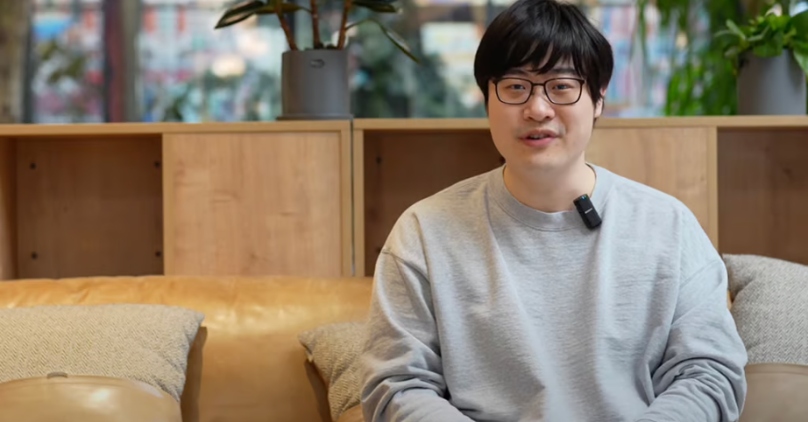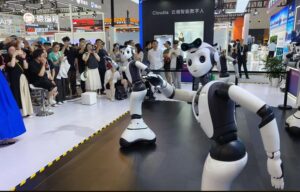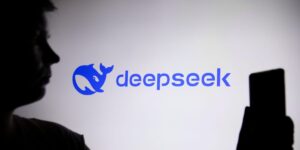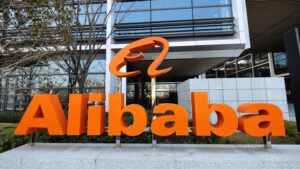Following DeepSeek, China advances with Manus, the world’s first autonomous AI agent

Emergence of Manus: The Game-Changer in AI
In late 2024, China made headlines in the artificial intelligence (AI) field with the introduction of DeepSeek V3, which posed a strong challenge to OpenAI’s GPT-4. By early 2025, China solidified its position as an AI superpower with the launch of DeepSeek’s R1 reasoning model. However, the latest development to grab attention is Manus, the world’s first fully autonomous AI agent.
What is Manus?
Developed by a team of skilled Chinese software engineers, Manus is designed to operate independently, accomplishing a wide range of tasks without requiring human prompts. This leap in AI technology has significant implications, raising fundamental questions: What happens when AI not only follows instructions but begins to make its own decisions?
Capabilities of Manus
Manus is much more than a typical AI tool; it is a general-purpose autonomous system with the ability to:
- Analyze financial transactions.
- Screen job candidates.
- Draft research papers.
- Create marketing campaigns.
- Develop software applications.
Unlike traditional AI systems that rely on user input to function, Manus can initiate, plan, and execute tasks autonomously. It seamlessly adapts to different industries and handles complex workflows with ease. For instance, if given a dataset of job applications, it not only ranks candidates but evaluates their skills against market trends, producing a thorough recommendation based on comprehensive data.
If tasked with finding rental properties, Manus considers various factors like crime statistics and market rental rates, providing users with a tailored list of options. This illustrates Manus’s capacity for handling diverse and intricate challenges independently.
Distinguishing Manus from Traditional Chatbots
Popular AI chatbots, such as OpenAI’s ChatGPT and xAI’s Grok 3, are reactive in nature. They wait for user commands before performing any tasks. In contrast, Manus proactively manages entire projects without the need for continuous human oversight. It executes workflows and refines outputs independently, which sets it apart from conventional chatbots.
Manus operates within a cloud-based environment, allowing it to function continuously, even if a user’s device is turned off. It can interact with web interfaces, fulfill online forms, and troubleshoot technical problems by itself, establishing itself as a self-sufficient digital worker.
Implications for Silicon Valley
Historically, Silicon Valley has been at the forefront of AI innovation, with major players like OpenAI and Google driving progress. However, Manus challenges this dominance, representing a move from passive AI tools to active, self-managed intelligence. Its emergence highlights China’s lead in developing autonomous AI, an area where Western companies have been more cautious due to regulatory constraints.
The capabilities demonstrated by Manus raise significant concerns in Silicon Valley, as the region’s AI companies rush to catch up. There is growing apprehension that a lead in autonomous AI may translate into significant advantages in sectors such as finance, logistics, and software development.
Potential Impact on Employment
Manus poses a substantial risk not just to the tech industry but also to traditional job roles. While automation has historically focused on repetitive tasks, Manus could disrupt jobs that require critical thinking and decision-making. Industries reliant on AI for efficiency may soon find that they can replace human workers with autonomous systems like Manus.
Its ability to carry out sophisticated tasks independently means that decision-making roles could be increasingly automated, diminishing the need for skilled professionals across multiple sectors. As a result, the workforce is left wondering not just how AI will enhance their work but whether their jobs will still exist in the future.
Concerns Surrounding Manus
Despite the excitement, Manus has faced scrutiny regarding its capabilities. Early testing has revealed limitations, with many users unable to access the system due to server capacity issues. Additionally, the invite-only mechanism for testing Manus has led to secondary markets, like Xianyu, where vendors sell access codes.
Zhang Tao, Product Partner at Manus, acknowledged these challenges, explaining that the current version is still in development. Meanwhile, the company’s social media presence has been hindered by suspensions, which the team is actively trying to resolve.
Moving Forward
The rise of Manus marks a pivotal moment in the AI landscape, highlighting a transition towards a future where intelligent systems may no longer rely on human intervention. As companies and governments race to adapt, society must grapple with the implications of AI becoming a direct competitor in various fields. The global community is closely observing China’s advancements in AI technology, prompting a re-evaluation of strategies to keep pace and thrive in this rapidly evolving environment.






